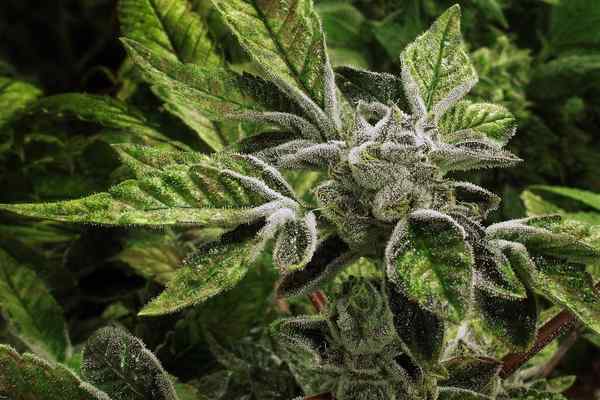CHICAGO (AP) ‐ An influential doctors group is beefing up warnings about marijuana's potential harms for teens amid increasingly lax laws and attitudes on pot use.
Many parents use the drug and think it's OK for their kids, but "we would rather not mess around with the developing brain," said Dr. Seth Ammerman.
The advice comes in a new report from the American Academy of Pediatrics, published in February of 2017. The group opposes medical and recreational marijuana use for kids. It says emphasizing that message is important because most states have legalized medical use for adults, and many have decriminalized or legalized adults' recreational use.
 Those trends have led parents to increasingly ask doctors about kids' use, said Ammerman, a Stanford University pediatrics professor who co‐wrote the report.
Those trends have led parents to increasingly ask doctors about kids' use, said Ammerman, a Stanford University pediatrics professor who co‐wrote the report.
"Parents will say, ‘I use it moderately and I'm fine with it, so it's really benign and not a problem if my kid uses it,’ " he said.
Doctors need to know how to respond to that thinking, and parents and teens need to know the risks, Ammerman said.
POTENTIAL HARMS
The brain continues to develop until the early 20s, raising concerns about the potential short‐ and long‐term effects of a mind‐altering drug. Some studies suggest that teens who use marijuana at least 10 times a month develop changes in brain regions affecting memory and the ability to plan. Some changes may be permanent, the report says.
Frequent use starting in the early teen years may lower IQ scores, and some studies have shown that starting marijuana use at a young age is more likely to lead to addiction than starting in adulthood. Not all teen users develop these problems and some may be more vulnerable because of genetics or other factors.
MEDICAL VS RECREATIONAL USE
Solid research on medical marijuana's effects in children and teens is lacking, although some studies have suggested it may benefit kids with hard‐to‐treat seizures. The report says other potential benefits, doses and effects are mostly unknown.
Recreational use is illegal for those under age 21 even in states that allow adult use. Parents should avoid using marijuana in front of their kids and should keep all marijuana products stored out of kids' sight, the academy says. Some young children who accidentally swallowed their parents' pot‐containing cookies or drinks have landed in the emergency room for mostly minor symptoms although some developed breathing problems.
WHO'S USING
Government data show that almost 40 percent of U.S. high school students have tried marijuana, about 20 percent are current users and close to 10 percent first tried it before age 13. Use has increased in recent years among those aged 18 and older but not among young teens. Still, kids aged 12‐17 increasingly think that marijuana use is not harmful.
Dr. Sheryl Ryan, a Yale University pediatrics professor and lead author of the academy report, said marijuana "is the drug of choice" for many of her teen patients in New Haven, Connecticut. Some think daily use is safe, noting that their parents or grandparents smoked pot in college and turned out OK. But today's marijuana is much more potent and potentially more risky, Ryan said.
For more information on marijuana and teens go to the National Institute on Drug Abuse for Teens website.